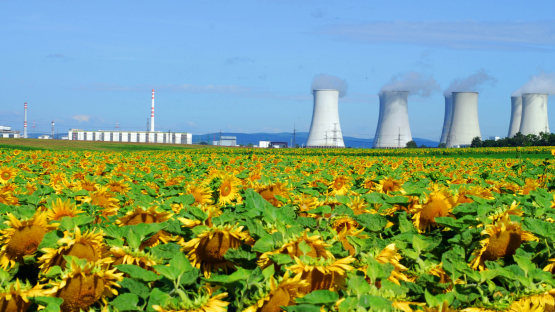Radiation safety professionals from eight African countries are
now better prepared to search for radioactive material, thanks to an
IAEA course held in Nairobi, Kenya.
Eighteen participants from Eswatini, Gambia, Kenya, Lesotho, Liberia, Malawi, Mozambique and Rwanda learned about IAEA guidance and methodologies in searching for radiation sources that are out of regulatory control, known as orphan sources, during the 28 January to 1 February course. The trainers, from the IAEA and Albania, also highlighted administrative and physical aspects of orphan source searches, categorization and field identification of radioactive sources.
“Thanks to the exercises, which were the major part of the course, participants were able to understand how safety and security complement each other in matters related to the search of orphan sources,” said Isaac Mundia, Senior Radiation Protection Officer at the Kenyan Radiation Protection Board, which hosted the course.
Participants learned how to locate and identify radioactive sources using radiation detection equipment, and how to handle potentially hazardous material out of regulatory control.
"Orphan source search courses are important because they help strengthen countries’ capacities in radiation safety and security at the national and regional level," said course trainer Dariusz Mroz, IAEA Radiation Safety Specialist.
The training course was held as part of the IAEA Regulatory Infrastructure Development Project (RIDP) supported by the US Nuclear Regulatory Commission.
Other RIDP activities, conducted in 2013 in Afghanistan and from 2014 to 2016 in North Africa and the Middle East, strengthened participants’ ability to regulate activities involving diagnostic radiology, nuclear medicine, radiotherapy, industrial radiography, industrial irradiators, nuclear gauges and well logging.
Eighteen participants from Eswatini, Gambia, Kenya, Lesotho, Liberia, Malawi, Mozambique and Rwanda learned about IAEA guidance and methodologies in searching for radiation sources that are out of regulatory control, known as orphan sources, during the 28 January to 1 February course. The trainers, from the IAEA and Albania, also highlighted administrative and physical aspects of orphan source searches, categorization and field identification of radioactive sources.
“Thanks to the exercises, which were the major part of the course, participants were able to understand how safety and security complement each other in matters related to the search of orphan sources,” said Isaac Mundia, Senior Radiation Protection Officer at the Kenyan Radiation Protection Board, which hosted the course.
Participants learned how to locate and identify radioactive sources using radiation detection equipment, and how to handle potentially hazardous material out of regulatory control.
"Orphan source search courses are important because they help strengthen countries’ capacities in radiation safety and security at the national and regional level," said course trainer Dariusz Mroz, IAEA Radiation Safety Specialist.
The training course was held as part of the IAEA Regulatory Infrastructure Development Project (RIDP) supported by the US Nuclear Regulatory Commission.
Other RIDP activities, conducted in 2013 in Afghanistan and from 2014 to 2016 in North Africa and the Middle East, strengthened participants’ ability to regulate activities involving diagnostic radiology, nuclear medicine, radiotherapy, industrial radiography, industrial irradiators, nuclear gauges and well logging.





